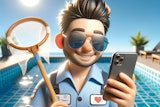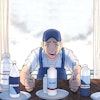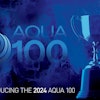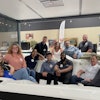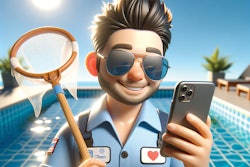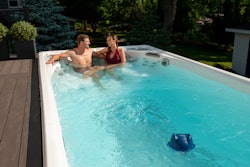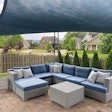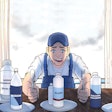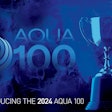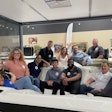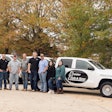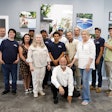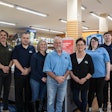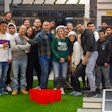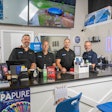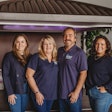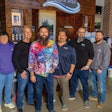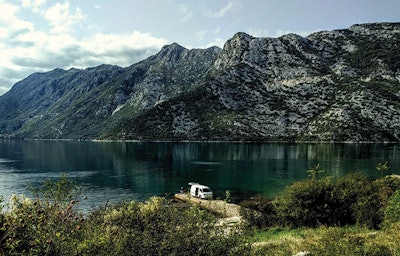
As the economy slowly healed after the Great Recession, the pool and spa industry saw encouraging signs of improvement. Phones were ringing again. Retail stores bustled with business. Consumer confidence was growing stronger and property values were escalating.
Yet despite these positive signs, for some industry pros it's been difficult to let go of the recession mindset. Out of an abundance of caution, many industry pros are retaining the lean staffing practices of the recession, resulting in employees taking on more and more work.
But there's a human cost that comes with the furious work pace. As one exhausted builder told me this summer, "I'll rest when I'm dead or when the economy slows back down." Neither of those seems nigh, so in the meantime, it's full speed ahead; damn the torpedoes and work until practically dropping from exhaustion.
RELATED: How to Keep Employees Motivated
It's important to make hay when the sun shines, but after that, the promise of cooler weather and a bit of a break are welcome.
It's peculiar, even ironic, that industry professionals devoted to recreation and bringing the vacation experience to the backyard do not themselves have the chance to relax during the summer. For companies in year-round markets, the R&R window is practically non-existent, causing some industry members to go years on end without much of a break.
While most would say that's a small price to pay for success, you do need some balance. Consistently high-level job performance requires time away to recharge. In that sense, vacations can be considered an investment.
And besides, what's the point of working hard if you never have a chance to enjoy the fruits of your labor?
CREATIVE INSPIRATION
In addition to resting your mind and body, there's an important intellectual benefit in taking time away from work. The opportunity to visit different countries and experience other cultures can be inspiring, even life changing for some. For professionals who design aquatic spaces in particular, there's no question travel can fuel the creative process.
It's no coincidence that many of the most accomplished designers are also those who have traveled. If you're designing a setting based on Roman architecture, for example, it's helpful to have spent time in Rome. The same is true for almost any style, whether it's tropical, Asian, Mediterranean, classical or contemporary. Along the same lines, for those who create more naturalistic bodies of water like ponds and streams, time spent studying such settings in real life is the best form of design education.
RELATED: The Art of Construction
It's certainly possible to learn about artistic traditions and design vocabularies at home, but much of what you'll learn in person cannot be found in a book. I know builders who have clued in on small details on a fountain in Rome, an ancient spa in Turkey or a villa in Spain, and incorporated those details into their next project. Sometimes it's as simple as a type of drain design or as elaborate as a tile mosaic, but regardless of the specific influence, there's no question that your own curiosity can become a tremendous asset when you look at the work through open eyes.
Finally, there is the overriding point that in an industry devoted to the "good life," it only makes sense that we have a professional obligation to understand what enjoyment is all about.
In other words, there's everything to gain by making sure to hang the proverbial "gone fishing" sign on the door – whether or not you actually decide to bother any fish.

















